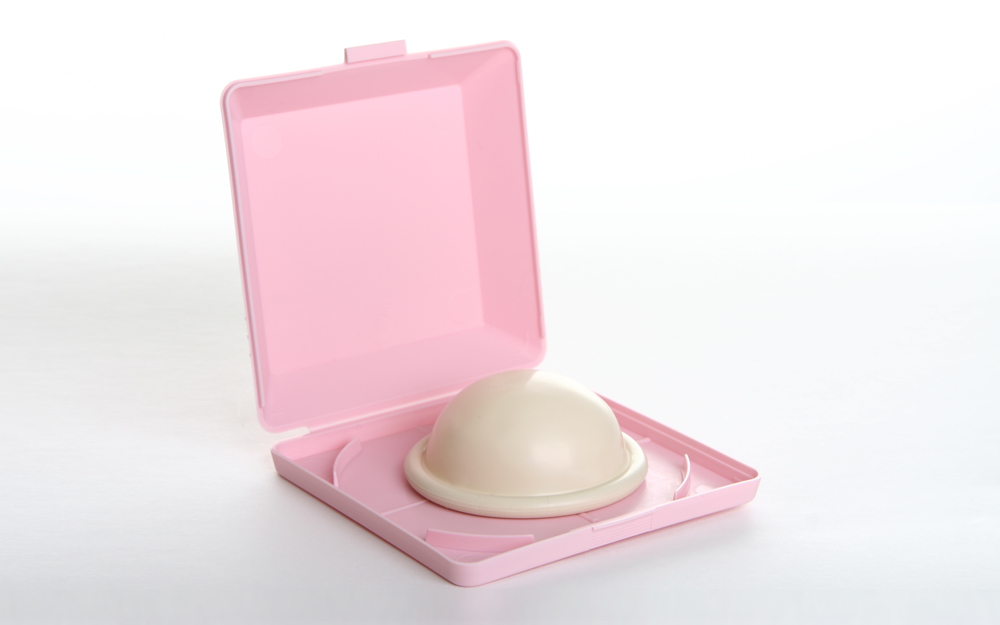Hormone Replacement Therapy May Have Heart Health Benefits
Date
June 8, 2017
Credits

Date
June 8, 2017
Credits
Medical providers featured in this article
In Brief
{{cta-block}}
Hormone replacement therapy (HRT) has gone from a standard treatment for hot flashes and other symptoms of menopause to a decision each woman must weigh carefully based on her body and health history.
Some research has linked HRT to increased risk of heart disease, stroke, blood clots, and breast cancer, while other studies have shown hormone replacement may lower the risk of osteoporosis and improve other aspects of health.
A Cedars-Sinai study gives women another fact to weigh: Women receiving HRT had lower levels of atherosclerosis—plaque buildup in the arteries—and were more likely to see other health benefits as well.
"Estrogen contributes to heart health through its helpful effects on cholesterol and because it increases blood flow by relaxing and dilating blood vessels," says Dr. Yoav Arnson, a postdoctoral scientist at Cedars-Sinai who is the study’s lead author. "It has also been shown to absorb free radicals in the blood that can damage arteries and other tissues."
The investigation was conducted with Dr. Daniel S. Berman, director of Cardiac Imaging at Cedars-Sinai and a senior author on the study.
In the past decade and a half, fear of cancer and other risks has led to fewer women using hormone replacement therapy. This study suggests that with proper screening and follow-up, therapy with supplemental estrogen or similar hormones may help improve heart health and overall survival in some women.
The research team analyzed health records of more than 4,000 women who received coronary calcium scans between 1998 and 2012. Nearly half had been given hormone replacement therapy at the time of their scan. HRT use was highest in the first four years of the study; it decreased from more than 60% of women in 1998 to 23% in 2012. Just over 6% of the women died during an average follow-up period of eight years.
After accounting for age, coronary calcium score and cardiovascular risk factors including diabetes, high blood pressure, and high cholesterol, women receiving estrogen were:
- 30% less likely to die than those not on hormone therapies
- 20% more likely to have a coronary calcium score of zero
- 36% less likely to have a coronary calcium score above 399, indicating severe atherosclerosis and high risk of heart attack
"In terms of cardiovascular health, I believe it is beneficial to take hormone replacement therapy," Dr. Arnson added. "There should be proper screening and follow-up, but yes, our results confirm and enhance previous work showing lower atherosclerosis. We have also shown that these therapies have very clear survival benefits."
A Cedars-Sinai study gives women another fact to weigh: Women receiving HRT had lower levels of atherosclerosis—plaque buildup in the arteries—and were more likely to see other health benefits as well.
Estrogen therapy and estrogen with progestogen therapy do increase the risk of blood clots in the legs and lungs, much the same as birth control pills and patches do. The risk is rare for women between the ages of 50 and 59. There is also an increased risk of breast cancer with five or more years of continuous estrogen/progestogen therapy.
A woman's decision to use HRT involves many health factors, including any risk of blood clots, heart disease, stroke, and breast cancer she faces without replacement therapy.
The North American Menopause Society, American Society for Reproductive Medicine, and other medical organizations devoted to the care of menopausal women agree that hormone therapy has an important role in managing symptoms for healthy women during the menopause transition and in early menopause.
"While the new Cedars-Sinai study used a larger number of patients and a longer follow-up time than most other recent studies, it doesn't offer definitive insights on which groups are likely to benefit most or weigh in on cancer-related or other potential risks," Dr. Arnson says. "Women who have already had a heart attack, have known heart disease, or have a history of blood clots are still advised against taking hormone replacement therapy."
The findings were presented at the 55th Annual Scientific Session of the American College of Cardiology in March.





